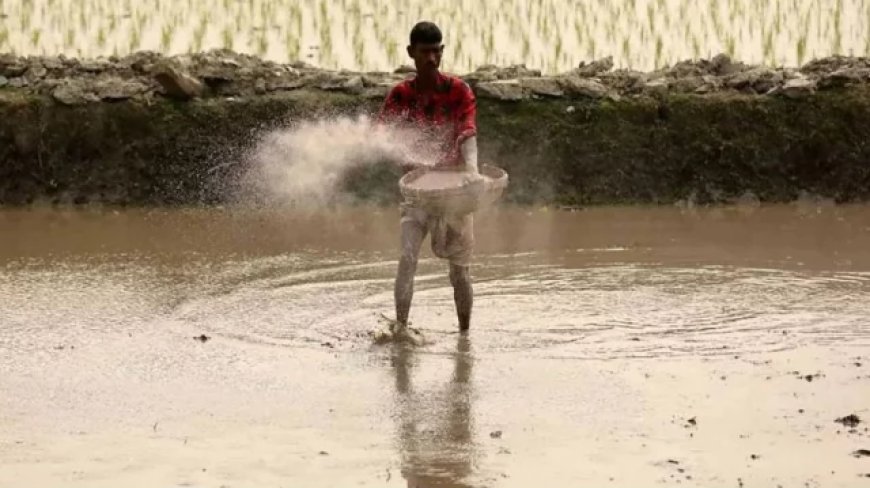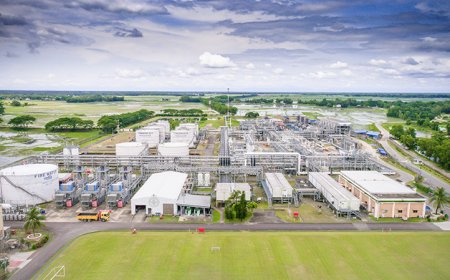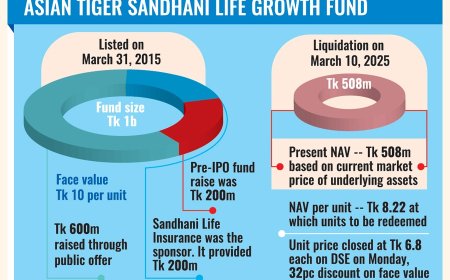Is Bangladesh agreeing to pay a higher price?
- The Bangladesh Agricultural Development Corporation (BADC) is purchasing 1.2 million tons of diammonium phosphate (DAP) from Saudi Arabia at a price of USD 743 per ton. - In the international market, DAP was priced at USD 577 per ton in September 2024. - Late last year, India imported Saudi DAP at a price of USD 643 per ton.

Is the Government Paying a Premium for Di-Ammonium Phosphate (DAP) in Haste?
-
Recent Procurement Agreement:
- In December 2024, Bangladesh struck a deal with Saudi company Ma’aden to import 1.2 million tons of DAP at USD 743 per ton.
- The agreement ensures the supply of 0.6 million tons in each of the years 2025 and 2026 to the Bangladesh Agricultural Development Corporation (BADC).
-
Comparison with Current Prices:
- The global import price of DAP currently hovers around USD 600 per ton.
- On December 26, the ACCGP approved the purchase of 40,000 tons of DAP from Morocco at USD 584.50 per ton.
- Two months earlier, BADC approved imports of 40,000 tons from China at USD 613.25 per ton and another 40,000 tons from Ma’aden at USD 606 per ton.
-
Global Price Trends:
- According to the FAO, DAP was priced at USD 577 per ton in September 2024, significantly lower than its peak of USD 1,132 in April 2022.
- Ma’aden's most recent sale price was reported at USD 643-644 per ton, while India imported DAP at USD 632 per ton in September 2023.
-
Rationale Behind the Deal:
- A BADC release justified the agreement, emphasizing the timely availability of fertilizers and avoiding shortages for farmers.
- However, the price discrepancy raises questions about whether the government is overpaying in its urgency to secure fertilizers.
-
Previous MoUs with Saudi Arabia:
- Bangladesh signed MoUs in 2018 and 2023 with Saudi entities, proposing investment in a new DAP factory to ensure cheaper long-term supply.
- These agreements have yet to yield tangible results.
-
Domestic Demand and Dependency:
- Bangladeshi farmers require over 1.6 million tons of DAP annually, with over 90% of it imported.
- DAP, containing both nitrogen and phosphorus, is a critical fertilizer due to its high nutrient content and suitability for farming.
-
Economic Considerations:
- Futures contracts for DAP offer opportunities to mitigate risks related to price fluctuations.
- The government’s decision to pay a higher price now may reflect concerns over future market volatility, but it also highlights inefficiencies in negotiating better terms.
The agreement ensures fertilizer availability but raises questions about cost-effectiveness, especially given current market trends and historical price data.
What's Your Reaction?





















































































